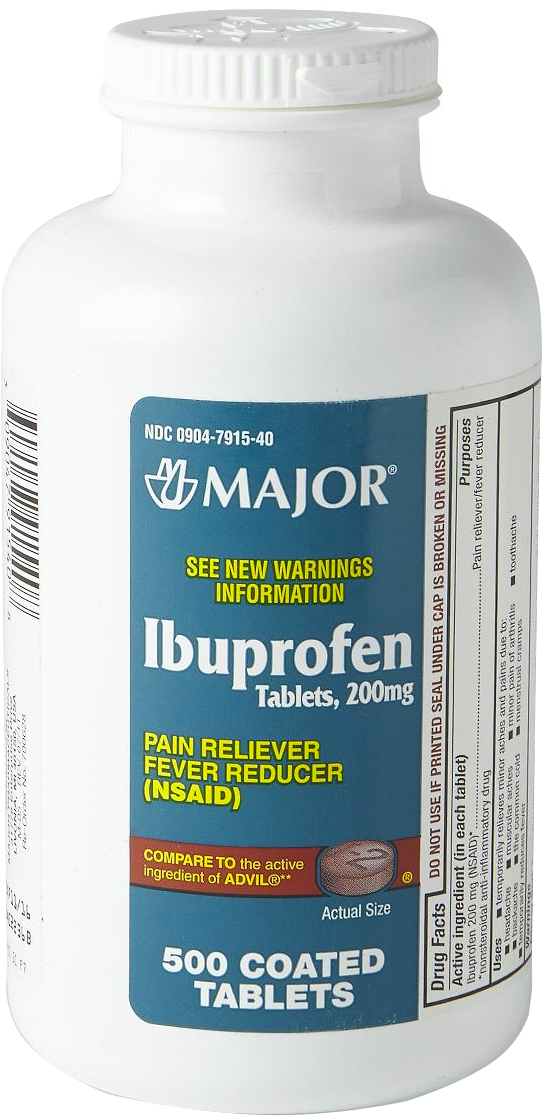
Anti-Toc75 | Protein TOC75-3, chloroplastic, POTRA domain 1
SKU: BTL-AGR-A-00242 | Host: Rabbit | Brand: Agrisera
₹ 0.00
| Cat Number | AS08 345 |
|---|---|
| Category | Primary Antibody |
| Pack Size | 200 µl |
| Description | OEP 75 or Toc75; Chloroplast outer envelope membrane protein from Pisum sativum (pea), Predicted to contain 3 POTRA domains at N-terminus. Believed to be the protein conducting channel of the Toc translocon and assembles as an 18 stranded ß-barrel (EMBO J. (1995) 14:11, 2436-2446); In Arabidopsis there are five members of this Family Toc75 (I-V), atToc75III is most closely related to psToc75. Additionally, it is structurally related to members of the bacterial surface antigen super-family including: OMA87; Outer membrane protein/protective antigen, (COG4775, COG4775) [Cell envelope biogenesis, outer membrane; YaeT; outer membrane protein assembly complex, (TIGR03303); FhaC; Hemolysin activation/secretion protein (COG2831) [Intracellular trafficking and secretion] |
| Applications | Flow cytometry (Flow cyt), Immunolocalization (IL),Western blot (WB) |
| Immunogen | psTOC75; Predicted POTRA Domain #1; Amino acids, 158-241; Expressed and purified in E. coli using the Impact System from NEB. Peptide confirmed by MALDI. Q43715 |
| Clonality | Polyclonal |
| Host | Rabbit |
| Form | Lyophilized |
| Molecular Weight | 88 | 75 kDa (ocassionally a processing intermediate at 78 kDa is observed) |
| Dilution Range | 1 : 500 (Flow cyt), 1 : 100 (IL), 1 : 2000-1 : 100 000 (WB) |
| Uniprot Number | 158241 , Q43715 |
| Purity | Serum |
| Specie Reactivity | Pisum sativum, some cross-reactivity was observed for cyanobacteria including: Synechocystis, Synechococcus and Thermosynechococcus |
| Expected Reactivity | Oryza sativa, Ricinus communis, Populus trichocarpa, Vitis viniferaSpecies of your interest not listed? Contact us |
| Reconstitution | For reconstitution add 200 µl of sterile water |
| Storage | Store lyophilized/reconstituted at -20°C; once reconstituted make aliquots to avoid repeated freeze-thaw cycles. Please remember to spin the tubes briefly prior to opening them to avoid any losses that might occur from material adhering to the cap or sides of the tube. |
| View Document | |
| Product Url | View Document |
| Note | The product is for research use only |
